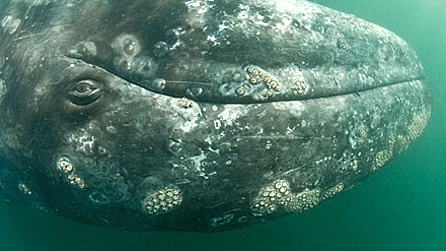Paul Grobstein
April 2007
Biologists estimate that more than 90% of the species of organisms that have existed on the Earth have gone extinct. Linguists guess that 3000 of the world's current 6000 languages will disappear by the end of this century. The death of cultures is a prominent characteristic of human history, and continues into the present. And humans themselves? Its a pretty safe guess that very few of the readers of this essay will survive the next hundred years.
Every death is a break, a disruption in the established pattern of things for the survivors - whether they be species or languages or cultures or individual human beings. And they are no less a disruption in the established pattern of things when they go unremarked. Most species probably don't notice if another species goes extent, but they undergo evolutionary changes as a result. The same is true of languages and cultures; neither notices breaks but both are affected by them. Humans though often are not only affected by breaks but often take special notice them, are disturbed by them, made sad or frightened by them, particularly when they involve death or other losses.



